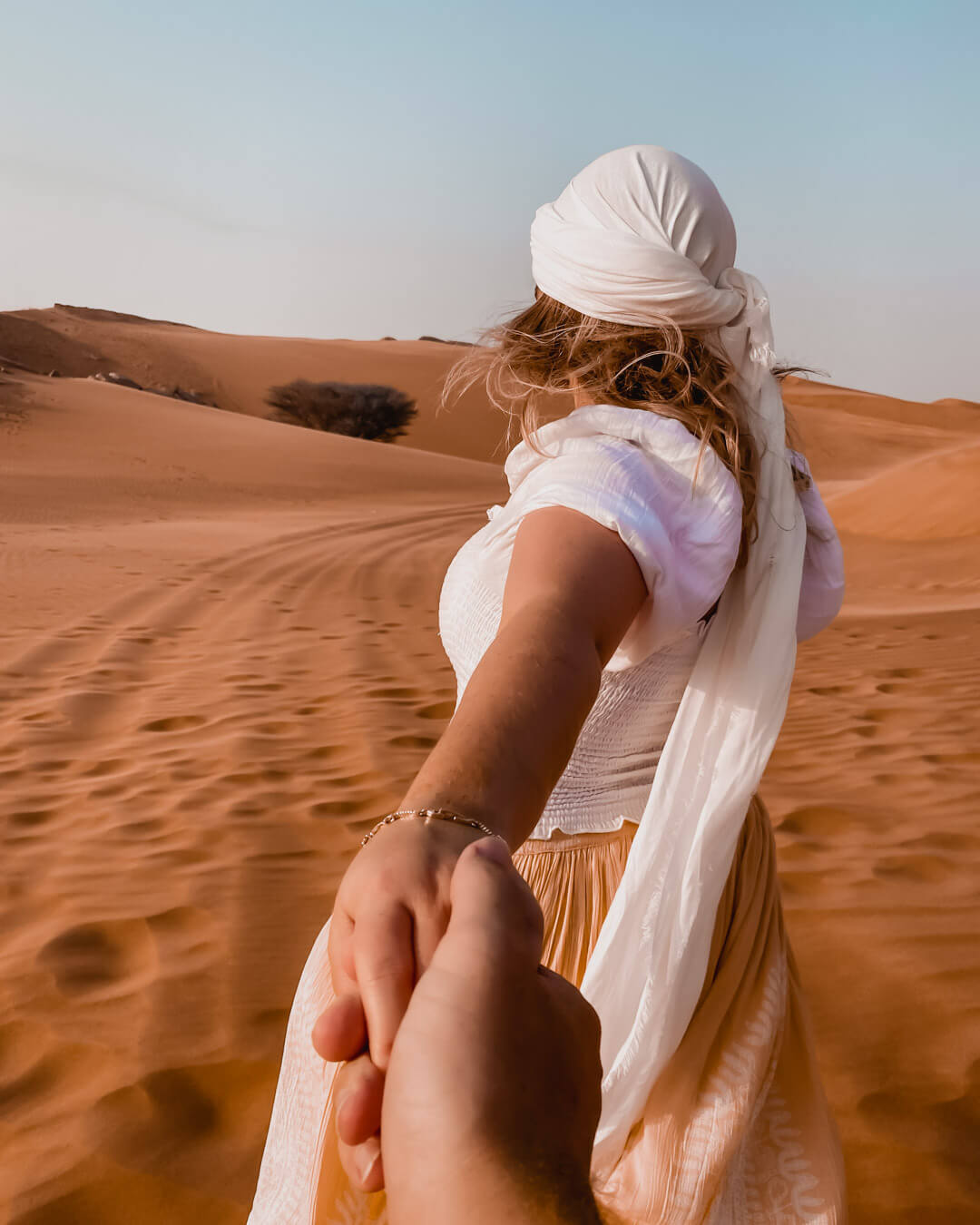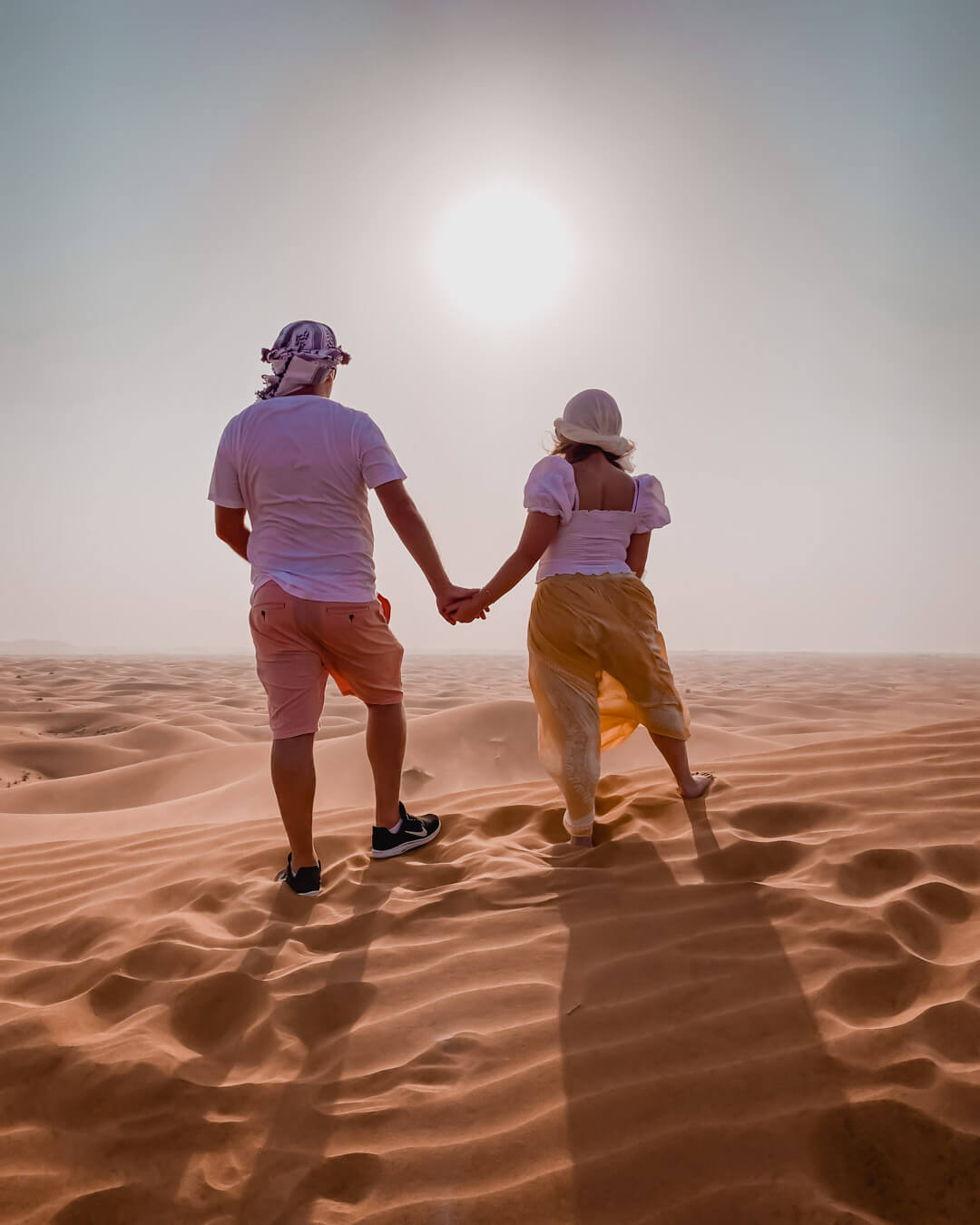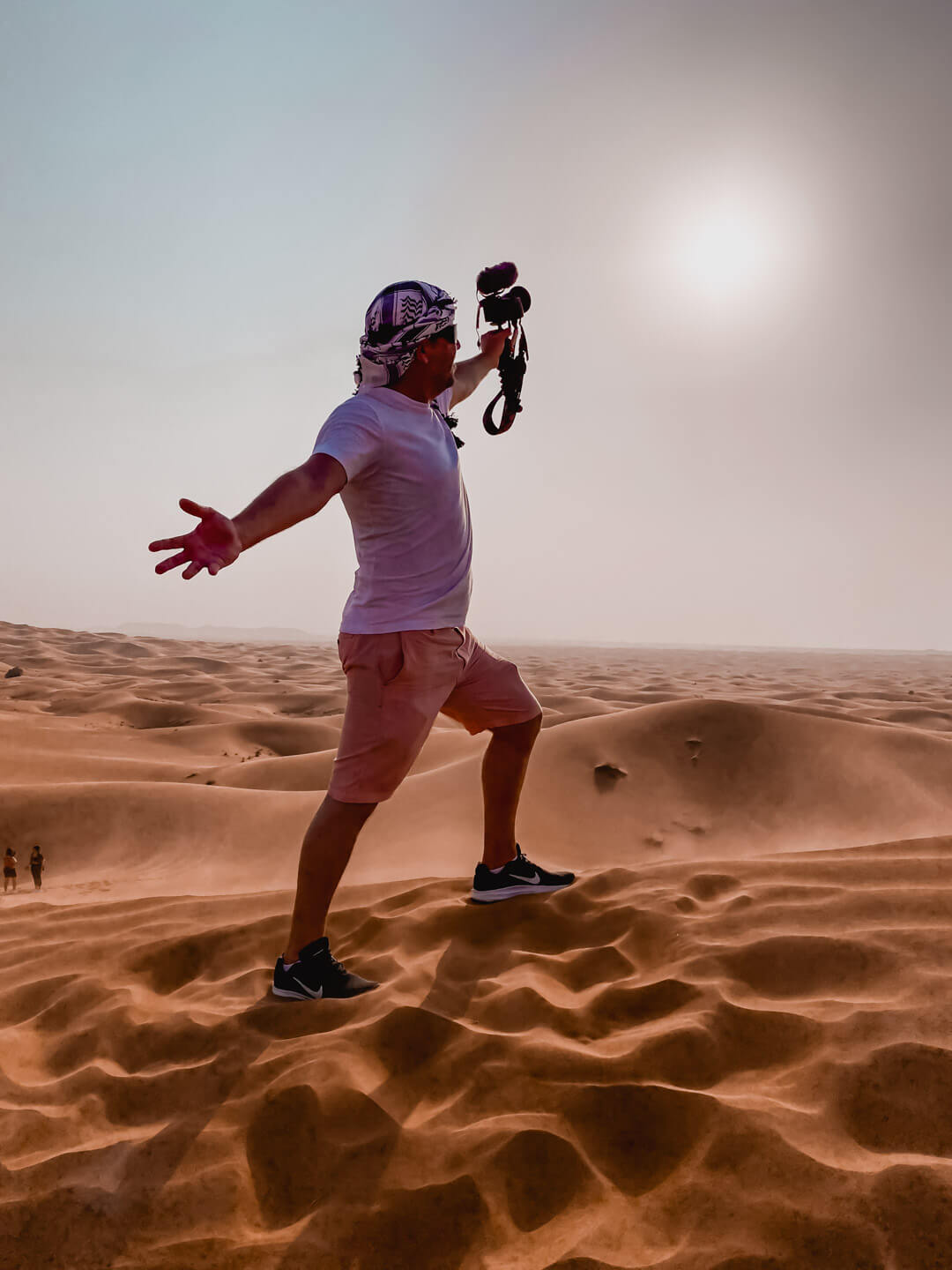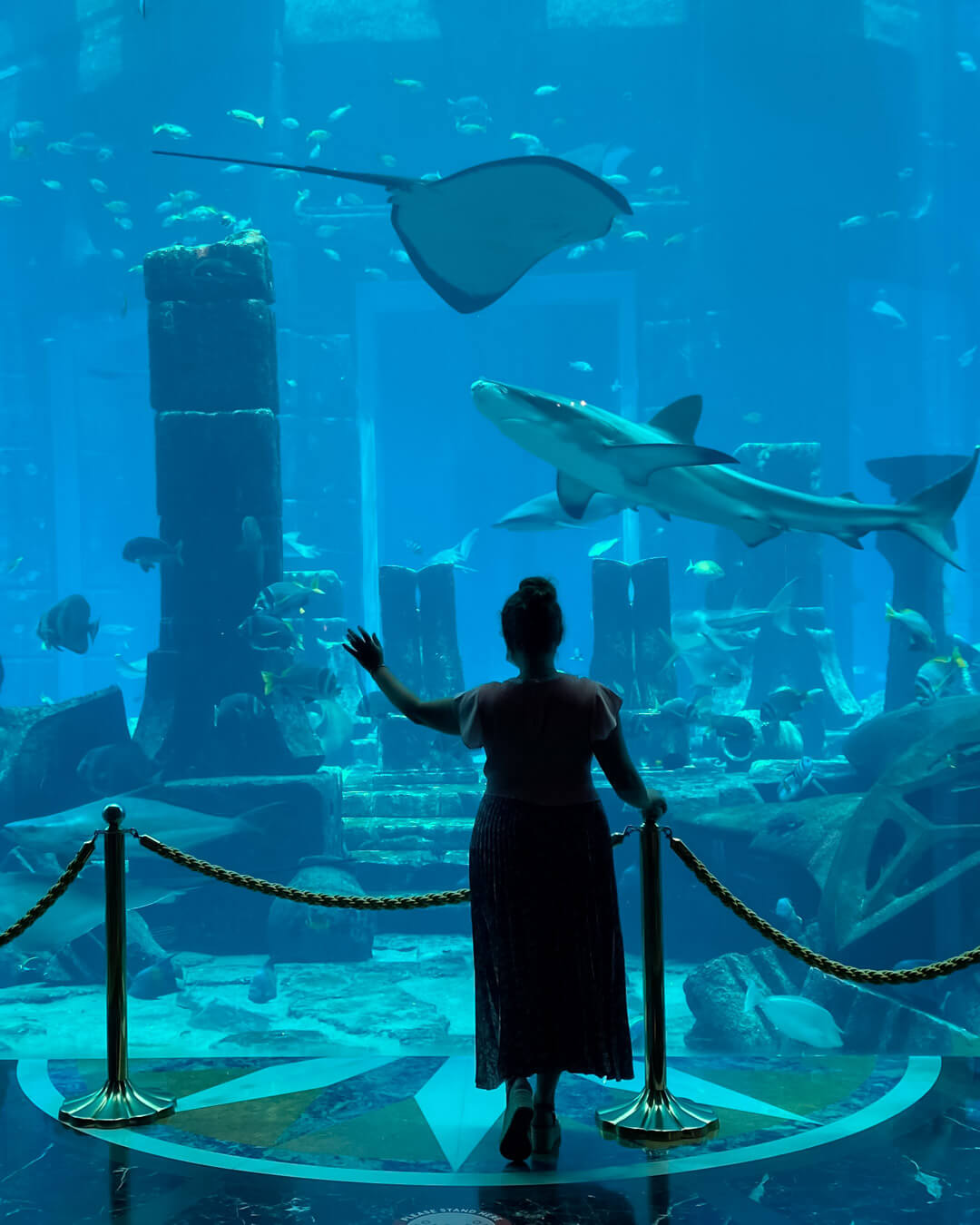Passaport and Visa – Most nationalities can simply get a visa on arrival at the airport. You just need a valid passport to visit Dubai.
Currency – The currency in Dubai is the dirham, which is shortened to AED (United Arab Emirates Dirham). The dirham has been pegged to the US dollar since 1997, meaning the exchange rate never changes. One US dollar is worth AED3.67.
Language – Dubai’s official language is Arabic, the second most commonly used dialect is Egyptian Arabic. However, English is the most commonly spoken language in Dubai. Most people speak English as a native or second language, you’ll find it easy to make your way around the city.
Voltage – The voltage in Dubai is 220V-240V, and plug is type G.
Tax free – Value-added tax (VAT) is 5% in Dubai, but tourists still get to enjoy easy tax-free shopping in the city. In order to claim a refund, request a Tax Free purchase, which is valid on a minimum expenditure of AED250. You must present your passport to be scanned, get a sales receipt and then, a digital Tax Free form will be created. Tourists need to take the goods and tagged receipt to the Tax Free validation points located at all the three terminals at the Dubai Airport to receive the tax refund.
Tipping – No matter where you go, every place in Dubai offers a high level of service. Although there are no rules when it comes to tipping in Dubai, everyone working in the service industry will be expecting a little extra. Be prepared to add 10-15% in your bill.
Population – There are approximately 3.4 million people living in Dubai and almost 10 million in the United Arab Emirates.
Economy – The UAE economy is heavily reliant on revenues from petroleum and natural gas. Tourism is one of the bigger non-oil sources of revenue in the UAE.
Medication – If you are travelling with prescribed medication, remember to bring your doctor’s note with you. The prescription should also detail the quantity of medication you intend to carry.
Curiosity – Of the 85 per cent expat populations that live and work in Dubai, 71 per cent are from Asia. India accounts for more than half of that, while Pakistan, Bangladesh and the Philippines make up the rest. As a result, you’ll find that Hindi, Urdu and Tagalog are widely spoken, along with Bengali, Malayalam, Tamil and Farsi.









